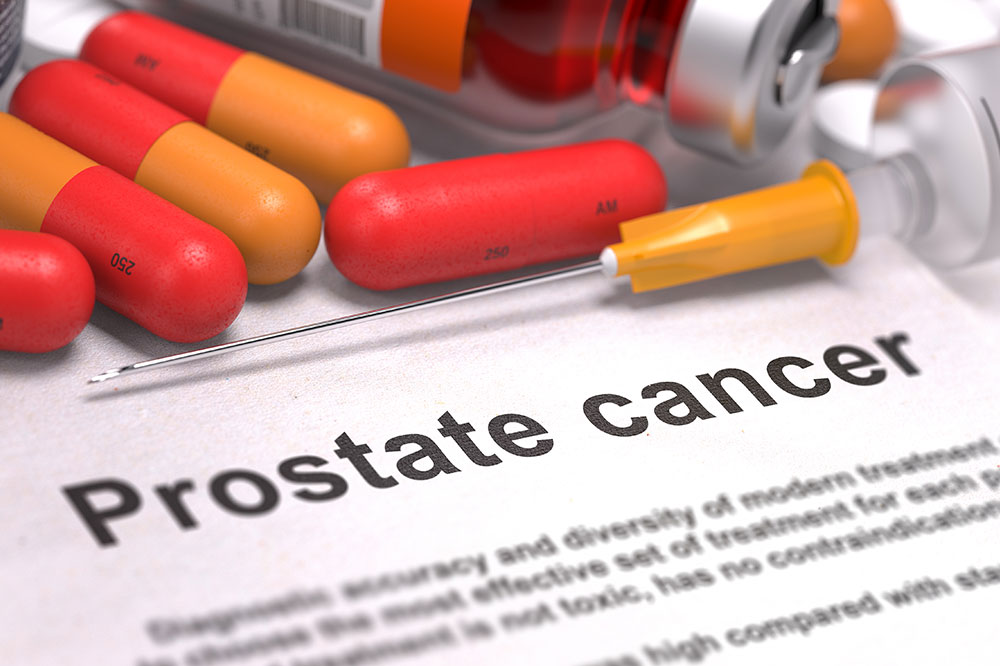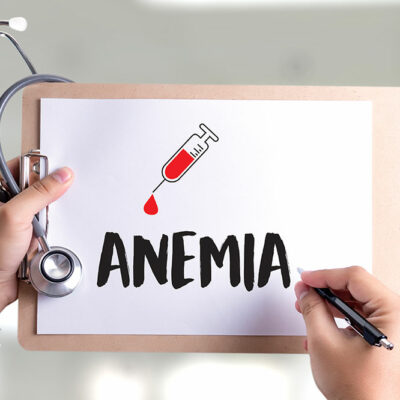
5 Common Signs of Prostate Cancer
Treatments and Medications That Can Help
Prostate cancer is a very common type of cancer, which is observed in the prostate gland in men. Depending on the type of cancer, prostate cancers could either slowly develop with minimal metastasis, or it could develop and spread throughout the body in an aggressive manner. Usually, older people with a genetic history of prostate cancer are more susceptible to developing one. Treatment options for prostate cancer include surgery and medications such as xtandi, relugolix, erleada, lupron, and enzalutamide. While in the initial stages, a person may not experience any symptoms whatsoever, over time, there may be some signs that can be observed as the cancer develops.
1. Urinary Problems
Since the prostate gland is present under the urinary bladder and envelops the urethra, any condition affecting the prostate gland ends up showing symptoms in the excretory system. Prostate cancer may cause urinary symptoms such as frequently feeling the urge to urinate, reduced flow of urination, and having some difficulty or discomfort in urination. In more advanced cases, a person may also observe some blood in the urine; this symptom is also called hematuria. Some people may also experience incontinence, i.e., inability to hold urine for long periods of time.
2. Sexual Problems
In some people, prostate cancer may cause erectile dysfunction or impotence. Erectile dysfunction is when a man is unable to develop or hold an erection for long, and it may occur due to internal or external factors. Some men may also notice some blood in the semen.
3. Pain and Numbness
When left untreated, prostate or any type of cancer has the potential to metastasize to different parts of the body. If these cancerous cells travel to the bones, they may cause tumors in the pelvic area, back, or chest. This occurence may cause pain and discomfort in the bones and surrounding muscles of these regions of the body. Moreover, if the cancer spreads to the spinal cord, the patient may feel numbness in the legs and the bladder. There may also be some build-up of fluids in the joints of the legs or feet.
4. Fatigue
As the cancer grows, the body uses up a lot of energy to keep the rest of the bodily functions running smoothly. As a result, the patient may experience exhaustion and fatigue. Since this condition mainly occurs in people older than 65 years, they may observe some lack of energy, fatigue and weakness.
5. Unexpected Weight Loss
In people suffering from prostate cancer, the foods they consume may start tasting different over time. As a result, such patients often lose their appetite and may be diagnosed with anorexia due to the deficiency of nutrients in their body. This may also lead to rapid weight loss over a short period of time, which can lead to serious problems like loss of muscle mass, weakness, and poor immune function.


